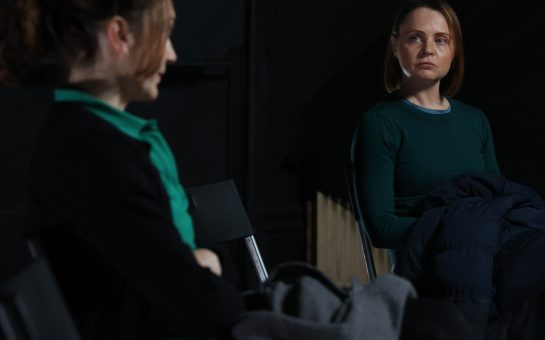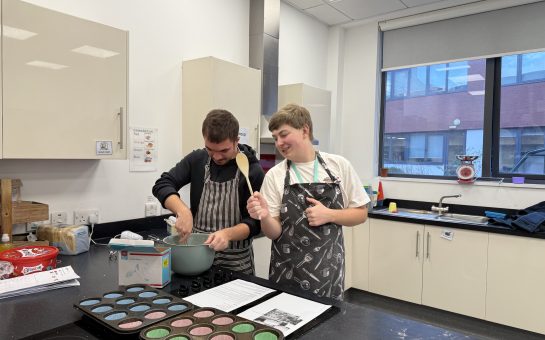A small independent school for children with special needs in Manchester has been blasted by Ofsted for its aggressive environment and poor teaching standards during a recent inspection.
Manchester Progressive School in Openshaw scored the worst possible rating in all four categories of leadership and management, behaviour and safety of pupils, quality of teaching and the achievement of pupils.
The school, owned by the Embrace Group, is attached to a children’s home owned by the same proprietor and aims to provide a secure co-educational environment for up to 10 boys and girls aged 8-19 years old with autism spectrum disorder (ASD), acquired brain injuries and complex needs.
ASD is a condition that affects social interaction, communication, interests and behaviour and includes Asperger syndrome and childhood autism.
The report read: “Aggressive and violent behaviour between students and against staff is common.
“Leaders and the proprietor have not ensured that students and staff are safe and free from harm while they are in school and statutory arrangements for safeguarding children are not met.”
The education regulator recommended that all staff members receive regular child protection training and there is a suitably qualified, senior member of staff with designated responsibility for child protection and welfare issues on site every day of the week.
They also stated that a more effective behaviour system needed developing to encourage students to take personal responsibility and they wanted to ensure all staff fully understand legal requirements in respect of the management of behaviour.
The quality of teaching and achievement of pupils at the school was also subject of a scathing assessment by Ofsted.
The report read: “The quality of teaching is inadequate – teachers do not have the knowledge or expertise to ensure students develop their understanding of subjects.
“Teachers do not use information about students’ prior achievement to inform their planning of lessons and other learning activities.
“The school does not provide students with a full time education, consequently, students make inadequate progress overall.
“Consequently, it is not meeting the requirements set out in students’ statements of special educational needs.”
Although the report was predominantly negative, there were some positive aspects highlighted by the inspection.
These included teachers doing all they can to meet the emotional needs of their students and to develop students’ communication skills.
Students also had regular opportunities to participate in community activities and visit local places of interest – helping to develop their social skills and knowledge of the local community.
Image courtesy of KT King, with thanks



